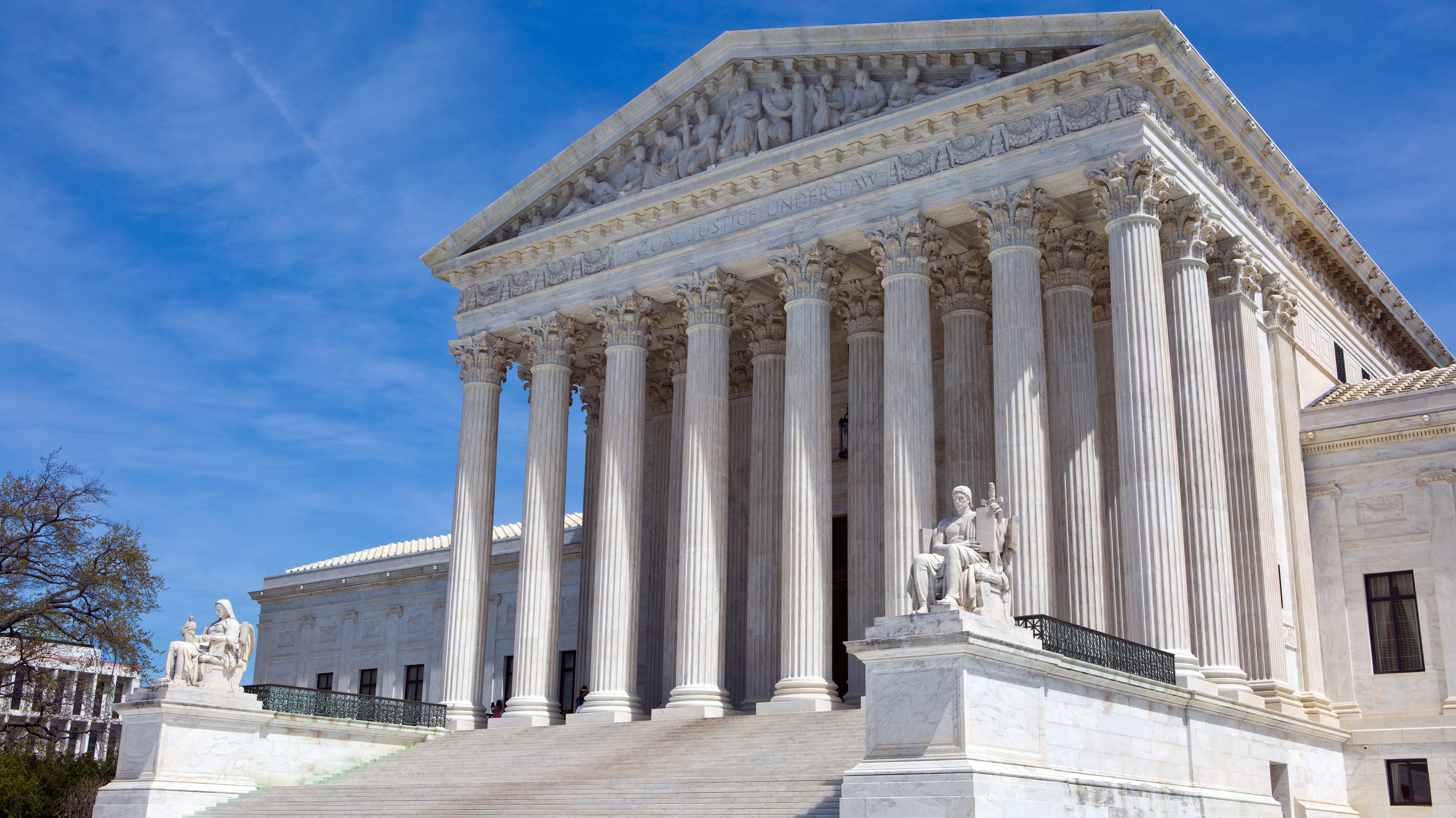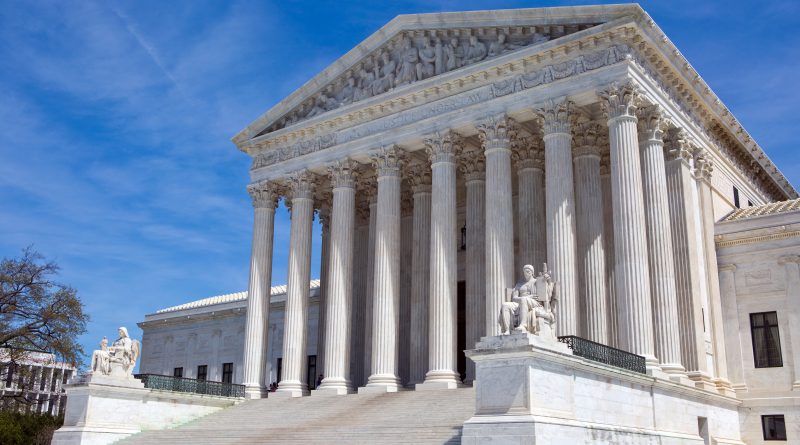SCOTUS: Five key senators who could decide fate of Trump's nominee
 iStock/Thinkstock(WASHINGTON) — On Capitol Hill, all eyes are on a handful of Democratic and Republican senators who could cast the deciding votes on the next Supreme Court nominee.
iStock/Thinkstock(WASHINGTON) — On Capitol Hill, all eyes are on a handful of Democratic and Republican senators who could cast the deciding votes on the next Supreme Court nominee.
On the Republican side, two moderate female senators will be the ones to watch over the next few months: Lisa Murkowski of Alaska and Susan Collins of Maine.
Murkowski and Collins are sure to face increasing pressure over the next several months from their Democratic colleagues to buck the president’s nominee over the fate of women’s abortion and reproductive rights.
Both were asked Thursday how concerned they were about a potential Supreme Court nominee who would not stand up for Roe v. Wade, the Supreme Court decision that upheld a woman’s right to an abortion.
“I don’t think that we have a nominee yet,” Murkowski said sharply, before walking into a hearing room.
However, in a tweet on Wednesday, Murkowski said it was her practice to cast an independent vote on judicial nominees.
Collins was quick to point out that Trump hasn’t even announced a nominee yet.
“First of all, we have no idea who the president is going to nominate for the Supreme Court. I’m amazed at the number of my colleagues who have already taken positions either for or against a nominee whose identity we do not know yet. To me, the prudent course is to wait and see whom the president chooses to nominate,” Collins said.
But when pressed on if she wants the next nominee to uphold Roe v. Wade, Collins made it clear that it’s settled law.
“One of the questions I always ask is, do they respect precedent; what is their view towards precedent?” Collins said of judicial nominees. “You cannot ask a judge how he or she, a judge nominee, how he or she would rule on a specific case. That’s inappropriate.”
“But I do get a sense from them whether or not they respect precedent. And from my perspective, Roe v. Wade is an important precedent and it is settled law,” Collins said.
On the Democratic side, when ABC asked Sen. Heidi Heitkamp of North Dakota if she’d support a pro-life nominee, she balked at the question.
“We will continue to vet these candidates as we move forward, we don’t know who those candidates are going to be,” Heitkamp said.
Heitkamp is one of several vulnerable Democratic senators up for re-election this year in states Trump handily won in the 2016 presidential election, including Sens. Joe Donnelly of Indiana, Heidi Heitkamp of North Dakota, and Joe Manchin of West Virginia. They voted with Republicans last time around to confirm Supreme Court Justice Neil Gorsuch in 2017.
“I look at the qualifications of whoever is sent up and go through it diligently,” Manchin told reporters Thursday. “I think the process is what it’s supposed to be, and that’s our job to do what we’re going to do, which is basically to look, and to review, and to be able to confirm and consent.”
Heitkamp, who the president tore into Wednesday night at a rally in Fargo, agreed with Manchin’s thinking.
“My process is the same as it was with Justice Gorsuch. It’s critically important that we do our job, which is advice and consent,” Heitkamp said. “Just as I did with Justice Gorsuch, I’m going to ask for meetings, I’m going to vet his or her record, whoever is the nominee and give it fair consideration.”
Sen. Joe Donnelly, D-Ind., rebuffed reporters’ questions Thursday.
But in a statement his office issued the night before, Donnelly vowed to “thoroughly review the record and qualifications of any nominee presented to the Senate.”
Senate Majority Leader Mitch McConnell announced Wednesday that he would hold a vote on Trump’s nominee to succeed Justice Anthony Kennedy this fall ahead of the midterm election. The Senate needs just a simple majority – or 51 votes – to confirm Supreme Court nominees.
But the Senate’s top Democrat is arguing Mitch McConnell should hold off on any confirmation vote until next year. To do otherwise, Chuck Schumer said, would be the “absolute height of hypocrisy.”
Several GOP Senate seats are at stake in the midterm elections and Democrats hope to regain the majority.
“It shouldn’t be happening strategically. And I understand how everybody feels, I would like to think we can bring some decorum and civility back to this process,” Manchin said.
“What happened before was wrong,” Manchin went on, referring to President Obama’s SCOTUS nominee Merrick Garland, who never received a vote in the Senate.
“That should have never happened that way, not given the person consideration, even having a meeting, I would never subscribe to that whatsoever,” he said.
But, he acknowledged it’s not really up to him.
“Whatever time that takes, whenever that procedure is done, that’s what we’ll do,” Manchin admitted.
Heitkamp was a bit more blunt, telling ABC News the upcoming midterm election should not interfere with the Senate’s schedule.
“I don’t think that the midterm election should determine the timing of this nomination,” Heitkamp said.
Copyright © 2018, ABC Radio. All rights reserved.

